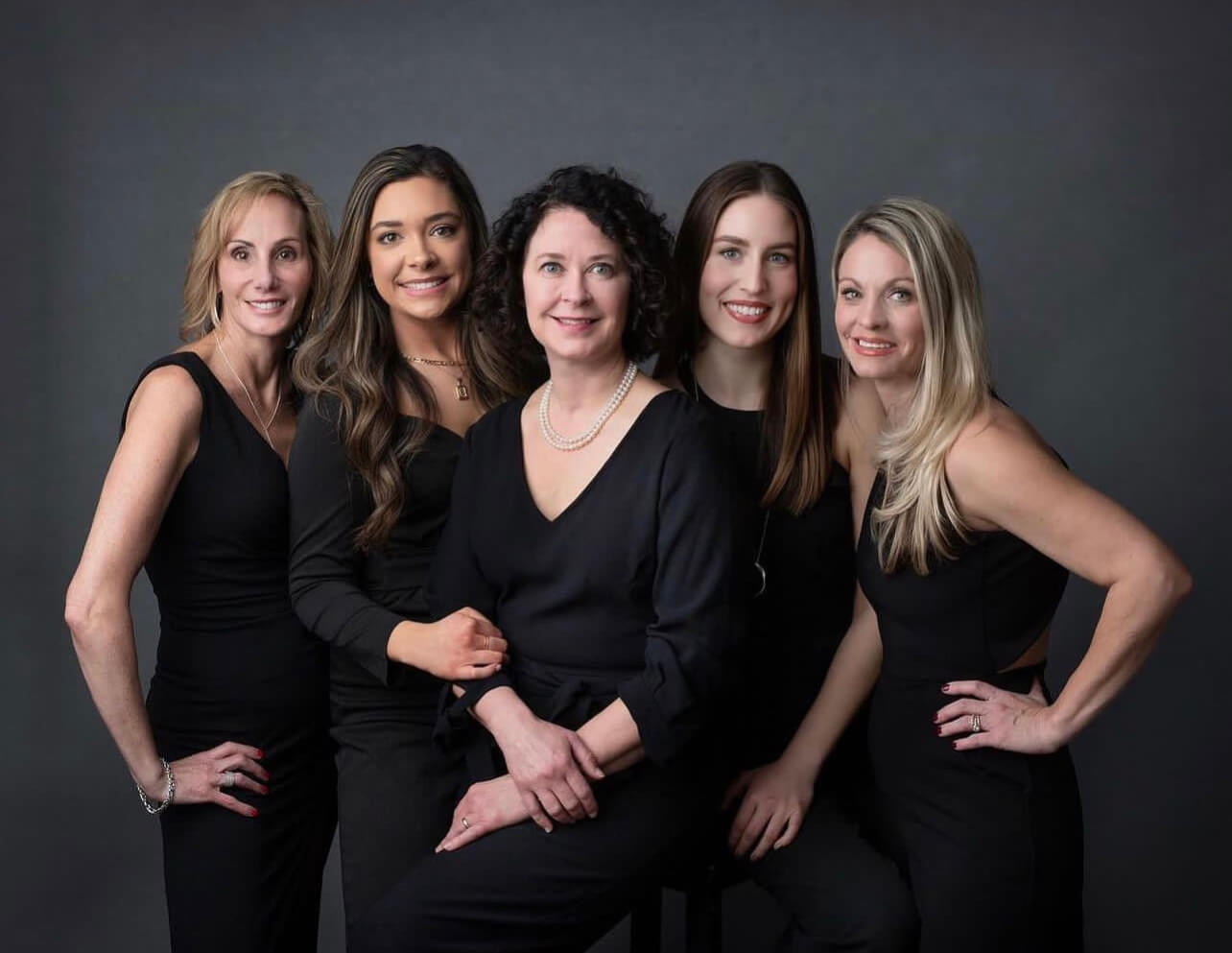
In our culture, people tend to view their hair not just as a part of their bodies but as an opportunity for self-expression. For some, it becomes a reflection of their personality, so it’s no surprise that hair issues can quickly translate to low self-esteem.
You don’t have to actively make the connection between high confidence and a great hair day for this general psychological mechanism to apply. Even if you never gave much thought to those luxurious locks in the past, serious issues such as premature hair loss can still have an outsized impact on your self-esteem.
The good news is that you don’t have to start hiding under hats or accept a blow to your self-confidence that radiates out into other areas of your life due to hair loss. Our medispa in Knoxville is happy to provide effective solutions for supporting healthy hair growth.
In some studies, nearly ¾ of women surveyed said that a bad hair day could negatively impact their self-esteem both while they were looking in the mirror and throughout the day. While everyone has bad hair days, most people also have occasional confidence problems as a result. If this happens to you, don’t feel bad. There are deep-rooted psychological mechanisms underlying the connection.
Hair is one of the most visible parts of the human body. As such, it plays a role in self-perception and how others see us. On a good day, fantastic hair is a source of confidence. On a bad hair day, you may feel self-conscious and less confident. That’s normal.
The problem is that on a subconscious level, we all want to be attractive to others and care what they think. As highly social animals, it’s built into our DNA. Studies show that a person’s hair is among the top four features noticed by strangers on first encounters, and it’s among the top three used to describe the person to others. In a certain way, first impressions rely in part on this seemingly minor aspect of appearance, and, on some level, we know that.
Humans are the only creatures to create the kinds of complex cultures we’ve seen throughout our history as a species. We form bonds based on shared participation in groups, then find ways to show we belong. In almost every culture, hair is a social cue to belonging and status.
In ancient times, thick, beautiful hair was associated with royalty. Although we don’t have the same rigid social structures in modern times, the association between thick, beautiful hair and status remains a part of our culture. Certain hairstyles are also associated with participation in different subcultures, religious groups, or even professions, and they can only be adopted by people with healthy hair.
Across all cultures, hair growth is an important developmental cue. In babies and young children, a thick head of hair is viewed as a cue to health. In adolescents, boys’ facial hair is associated with virility. Similar associations are made between hair and fecundity in women as they reach reproductive age.
People view each other’s hair as an indicator of their overall health, and it’s human nature to find healthy people more attractive. You can take advantage of these subconscious tendencies by focusing on maintaining or improving your hair, which can change not just how others see you but how you view yourself.
Thinning or lost hair is associated with aging among middle-aged men and women. Whether consciously or not, people view it as a sign of lost virility. Thankfully, the opposite is also true in middle-aged people. If you can maintain a beautiful head of luscious locks, people will be more likely to perceive you as being younger, healthier, and more attractive well into old age.
Self-expression is incredibly important in our society across all age groups, and changing hairstyles can be a valuable means of letting your personality shine through. However, you’ll only be able to do that if you can keep your hair healthy.
Somewhat paradoxically, many of the alterations we make to our hair to show our personalities or indicate involvement in a certain peer group tend to negatively impact hair health. Coloring, highlighting, straightening, curling, and the use of many different types of styling products can all take their toll, especially as people get older. You should pay some extra attention to hair health if you regularly style your hair using these techniques.
Everyone feels more self-conscious on a bad hair day, but people who struggle with mental illnesses like depression and anxiety may find that it further effects their relationship with their hair. The connection goes both ways, too.
People who suffer from these all-too-common mental health problems often find that it negatively impacts how they feel about their hair and overall appearance. However, thinning, damaged, or otherwise unhealthy hair can also exacerbate feelings of stress, worsening depression and anxiety.
Losing one’s hair due to age, illness, or cumulative damage from styling products can take a toll on anyone’s mental health, so let’s try to avoid the stigma. People need solutions, not judgment. If you’re starting to feel that chronic hair loss is impacting your mood or stress levels, there are things you can do.
You may find that establishing an effective hair care routine makes a noticeable difference in your mental health. No one should have to be defined by the quality of their hair, or anything else about their physical appearance, but improving it can still restore some people’s sense of control and self-confidence.
If you’re dealing with hair loss, don’t waste money on untested products that probably won’t work and might even cause more damage. Here at Skin & Sculpt Knoxville, we offer safe and effective solutions for clients suffering from hair loss. Call (865) 671-3630 to discuss your hair care goals with a professional.

Site Credit // SouthMade